Gone in 30 Seconds
Attention is fleeting. The attention span of a human is less than that of a gold fish!
Do you realize that every attendee on your conference call is recycling their attention every 30 seconds or less? That might explain a few things!
Your attention is a resource. If you aren’t managing it, it’s managing you! When you harness and employ the full power of attention you get more of the right things done and you lead a richer life.
ATTENTION matters to you
Short attention spans are why messages need to be reinforced over and over and over and over. If your listener is in an attention refresh cycle you will completely miss his or her ability to hear what you are saying.
Short attention spans are made shorter by stress, distractions and decision overload.
What you can do:
- Practice Mindfulness – Mindfulness is about being non-judgmentally aware and in the present moment. Meditation is engaging in a mental exercise, such as concentrating on breathing or repeating a mantra, for spiritual or relaxation purposes. Both are excellent, but for attention purposes mindfulness creates the ability to decide where to allocate your processing resources.
- Enjoy Nature – Take a walk in the park or look at the clouds and the sky. Nature nourishes the soul and has been shown to help people to concentrate better. The official name is Attention Restoration Theory, which asserts that human beings have a psychological need for nature.
- Be Intentional. Decide where to place your attention. Recognize the limitations of your brain to consciously process information and perform tasks. Be purposeful about how you spend your attention so that it achieves the goals you set according to your priorities. Stop being a slave to environmental attention robbers.
The next time you are interacting with someone who is focused on doing a task for you (a travel agent investigating something for you or a waiter taking your order) don’t risk interrupting their attention. Stay focused on the task and allow the power of their sustained attention to fully operate.
Recognize the importance of attention and harness it by being mindful, enjoying nature and deciding where to spend it.


